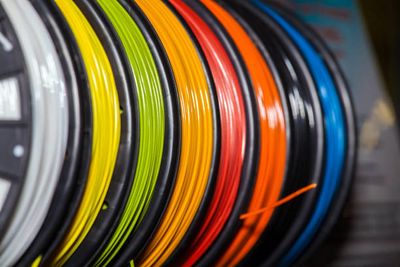High temperature fiberglass wire vs. teflon wire – why fiberglass excels in extreme heat
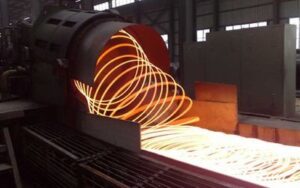
When evaluating high temperature fiberglass wire vs. teflon wire, one of the strongest arguments in favor of fiberglass is its exceptional thermal endurance. High temperature fiberglass wire is built to perform in some of the harshest heat conditions in industrial settings. With the ability to withstand continuous temperatures up to 1200°F (650°C) and short-term peaks of 1450°F (790°C), it’s an ideal choice for furnaces, ovens, welding equipment and other high-heat environments.
In the high temperature fiberglass wire vs. teflon wire comparison, fiberglass also offers solid moisture and abrasion resistance, making it a practical option for rugged, physically demanding conditions. Though not as flexible as teflon, fiberglass holds up better when exposed directly to open flames or radiant heat sources.
When comparing high temperature fiberglass wire vs. teflon wire for applications that demand thermal insulation or protection from scorching surfaces, high temperature fiberglass wire is often the superior choice. If the top priority is withstanding extreme temperatures, the high temperature fiberglass wire vs. teflon wire comparison clearly leans in favor of fiberglass. These benefits position it as a trusted solution in countless industrial heat-intensive operations where performance is essential.
High temperature fiberglass wire vs. teflon wire – why teflon wire is the versatile choice
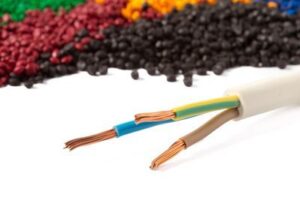
When evaluating high temperature fiberglass wire vs. teflon wire, teflon (PTFE) wire shines as the most versatile and dependable option for a wide range of industrial and commercial uses. Teflon wire maintains thermal stability up to 842°F (450°C), which is more than enough for most high-heat applications like aerospace systems, industrial ovens and sensitive electronics.
The true advantage of teflon in the high temperature fiberglass wire vs. teflon wire debate lies in its chemical resistance. PTFE is impervious to oils, acids, moisture and even corrosive gases, making it ideal for harsh or reactive environments. It’s also extremely flexible, allowing for easy installation in tight or dynamic spaces—something fiberglass simply can’t match.
In addition, teflon wire provides excellent electrical insulation, ensuring stable and safe signal transmission. For industries that demand both thermal performance and chemical protection, the high temperature fiberglass wire vs. teflon wire comparison strongly favors teflon. Its all-around reliability makes it a go-to for engineers who choose between high temperature fiberglass wire vs. teflon wire and need more than just heat resistance.
Contact CAI Wire – we will help you choose between high temperature fiberglass wire vs. teflon wire
When precision, durability and performance matter, CAI Wire delivers. We offer expertly engineered industrial wire and cable solutions designed to meet the toughest demands – whether you’re working in high temperatures, complex automation systems or rugged industrial environments.
Contact us today to speak with our team about the comparison high temperature fiberglass wire vs. teflon wire or request a quote.
High temperature fiberglass wire vs. teflon wire – why fiberglass excels in extreme heat
High temperature fiberglass wire vs. teflon wire – why teflon wire is the versatile choice
Contact CAI Wire – we will help you choose between high temperature fiberglass wire vs. teflon wire
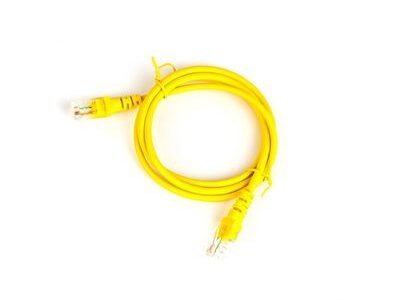 Fiberglass wire vs Teflon wire — designed for safety and reliability.
Fiberglass wire vs Teflon wire — designed for safety and reliability. Fiberglass wire vs Teflon wire — chemical resistance or heat tolerance?
Fiberglass wire vs Teflon wire — chemical resistance or heat tolerance?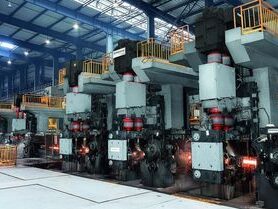 Fiberglass wire vs Teflon wire — performance comparison made easy.
Fiberglass wire vs Teflon wire — performance comparison made easy.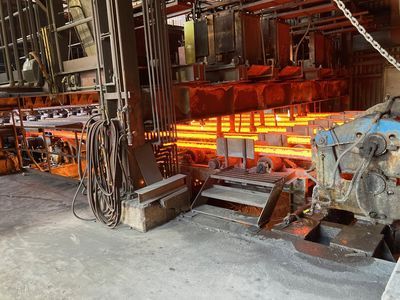 Fiberglass wire vs Teflon wire — find the best fit for your project.
Fiberglass wire vs Teflon wire — find the best fit for your project. Fiberglass wire vs Teflon wire — pros and cons explained simply.
Fiberglass wire vs Teflon wire — pros and cons explained simply.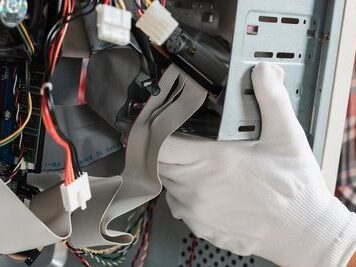 Fiberglass wire vs Teflon wire — choose based on temperature or chemicals.
Fiberglass wire vs Teflon wire — choose based on temperature or chemicals. Fiberglass wire vs Teflon wire — both designed for tough environments.
Fiberglass wire vs Teflon wire — both designed for tough environments.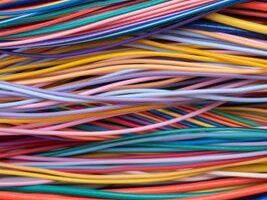 Fiberglass wire vs Teflon wire — understanding their key differences.
Fiberglass wire vs Teflon wire — understanding their key differences.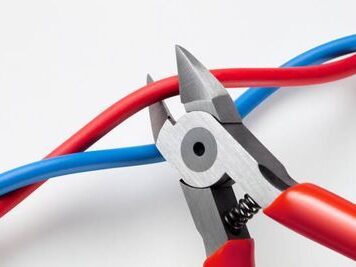 Fiberglass wire vs Teflon wire — perfect for different industrial uses.
Fiberglass wire vs Teflon wire — perfect for different industrial uses.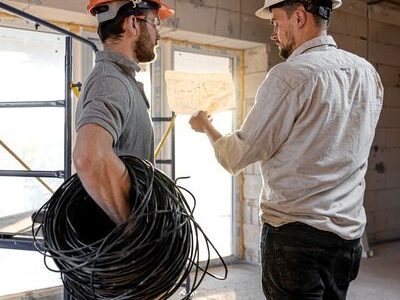 Fiberglass wire vs Teflon wire — durability vs flexibility.
Fiberglass wire vs Teflon wire — durability vs flexibility.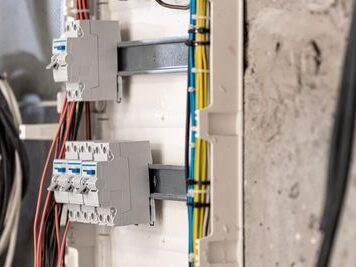 Fiberglass wire vs Teflon wire — which one fits your needs better?
Fiberglass wire vs Teflon wire — which one fits your needs better? Fiberglass wire vs Teflon wire — heat resistance meets chemical strength.
Fiberglass wire vs Teflon wire — heat resistance meets chemical strength.

